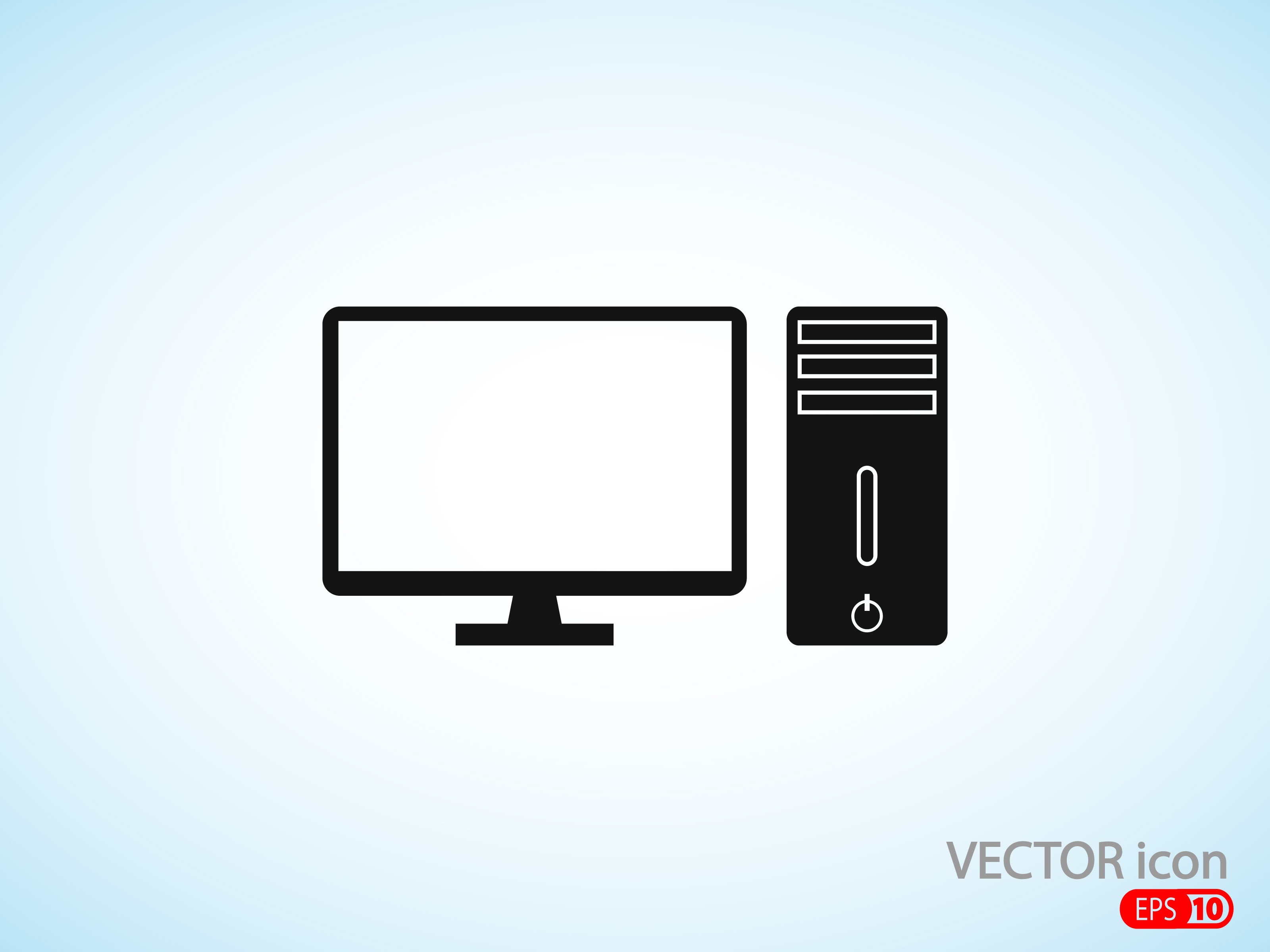 Before we delve into the differences between managed and unmanaged dedicated server hosting, let us first define what each of them are:
Before we delve into the differences between managed and unmanaged dedicated server hosting, let us first define what each of them are:
Managed Dedicated Server Hosting
Although “managed” server hosting may throw one off, it actually means that your website sits on a server of its own and will not be managed by you. You get the whole server and all the resources that come with it (bandwidth, processing power etc.) for the sole purpose of your website.
This is usually the better choice for businesses that have huge traffic, data or other resource-intensive online activities, but don’t have the necessary support staff or choose to keep their business focused on their core processes. They don’t want to be distracted by the IT aspect of their business and hence let the web hosting provider handle the server management for them.
Unmanaged Dedicated Server Hosting
Let us assume your company has a website that has complex processes running on it. If you (or your staff) are the only ones that can understand the processes or if they (the processes) are business secrets, wouldn’t you rather you had them running on a server that you had full access to? As a matter of fact, wouldn’t you want to be the only ones that are able to see the inner-workings?
If so, you would seek the services of a hosting provider that would offer you unmanaged server hosting. They would give you the server but you would be responsible for the day-to-day running and management of it.
Now that we have that cleared up, let us move on to the main differences between the two hosting methods:
- Costs
When you choose to have your dedicated server you will be responsible for all costs regarding installation, configuration and management. This will mean you will either have your own staff doing it for you onsite or you will hire someone else to do it.
In the case of the managed server, you will be paying the web hosting provider to handle the job. The server is all prepped and ready for you to run your site on. Should something go wrong at a later time, they will be the ones running from pillar to post trying to remedy the situation. You won’t have to pay a single dime.
On the contrary, if you are a well-versed web developer and know your way around a server, you will save a lot of money by working on the server yourself. You won’t have to pay the web hosting providers for any support. Since you will be only charged for the server and the server alone, you will actually save money.
- Resource Availability
If you opt for unmanaged server hosting, you will be the one who will be caring for the physical and digital resources of your server. This is something to take into serious consideration; especially if you have a business that is rapidly growing or you have traffic that can surge unexpectedly. You will be the one who has to provide newer versions of software; you will be the one making purchases for new hardware, and then, you will be the one who is expected to install and/or put it all together.
You will therefore need to have at least the basic hardware and software in stock or storage.
- Access to your Server’s Innards
The beauty of managing your own dedicated server is the fact that you can do whatever you wish with it. You will be able to access all and any part of the software and hardware. This is ideal for websites that need specific settings and configurations put in place if they are to run smoothly and correctly.
This choice is best when the operating system is open-sourced (think Linux). Some software need specific security settings and/or folder accesses set in order to run or be installed. These sometimes need to be configured manually – hence the need for root access.
- Responsibility for Security
When it comes to unmanaged server hosting, the hosting company washes its hands off of your server’s security. You will be responsible for making sure that you aren’t attacked and/or that any visitors to your site aren’t faced with any data breaches.
You will have to purchase, install and configure your anti-virus. You will have to setup your firewall. You will have to make sure your network is secure and it is up to standards. You will have to make sure that all software installed on your server (especially if you allow clients or third-parties to install them) pose no security threats to you or your other clients.
The hosting provider will only make sure that they protect themselves from you – if the server is on their premises – otherwise, you’re simply on your own.
As we have seen above, there are many reasons that you would want to choose one type of server hosting over the other. Being your own boss might grant you a lot of freedom, but sometimes you avoid risks when you choose to give up some of those freedom – so choose wisely.



















